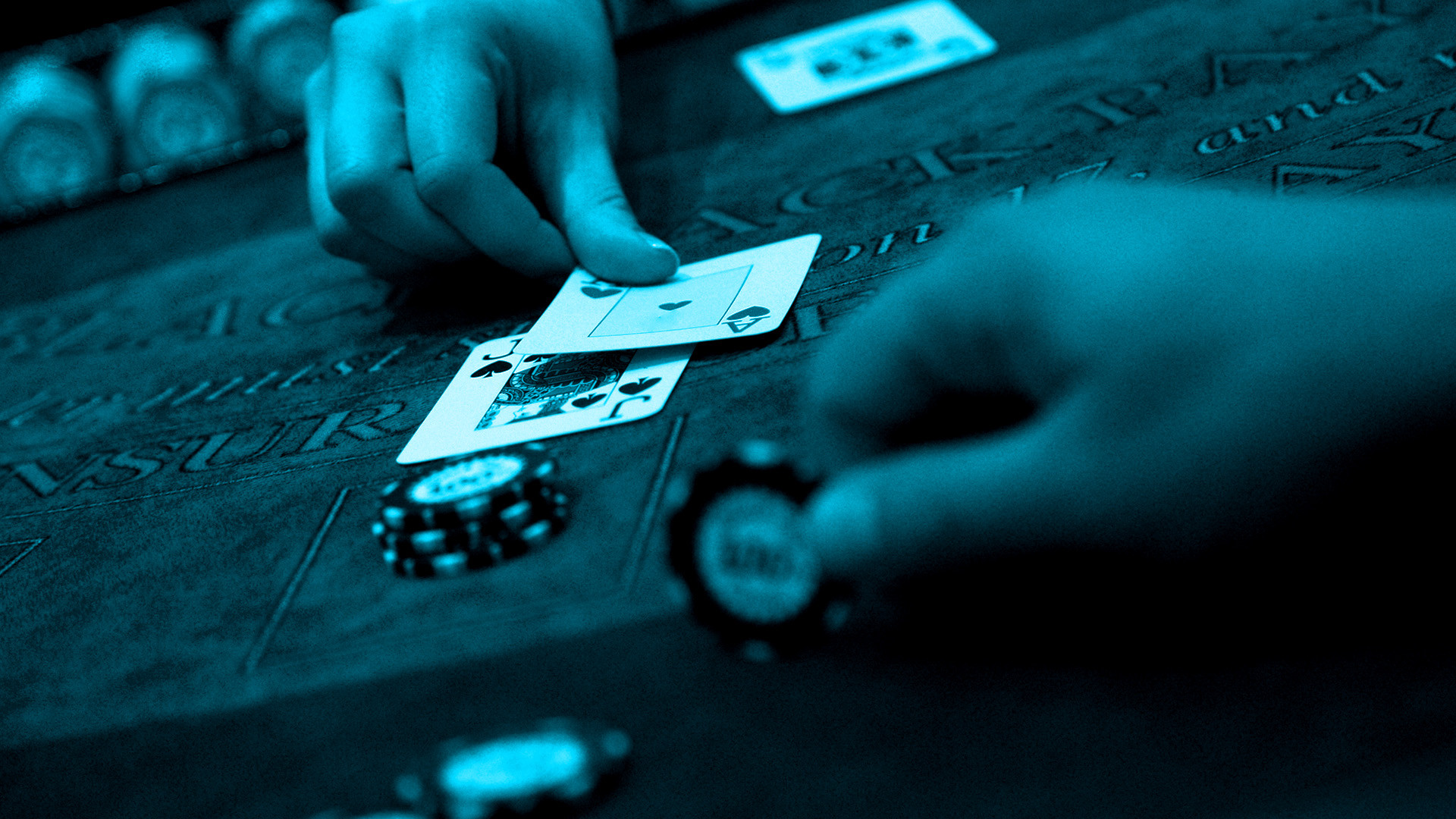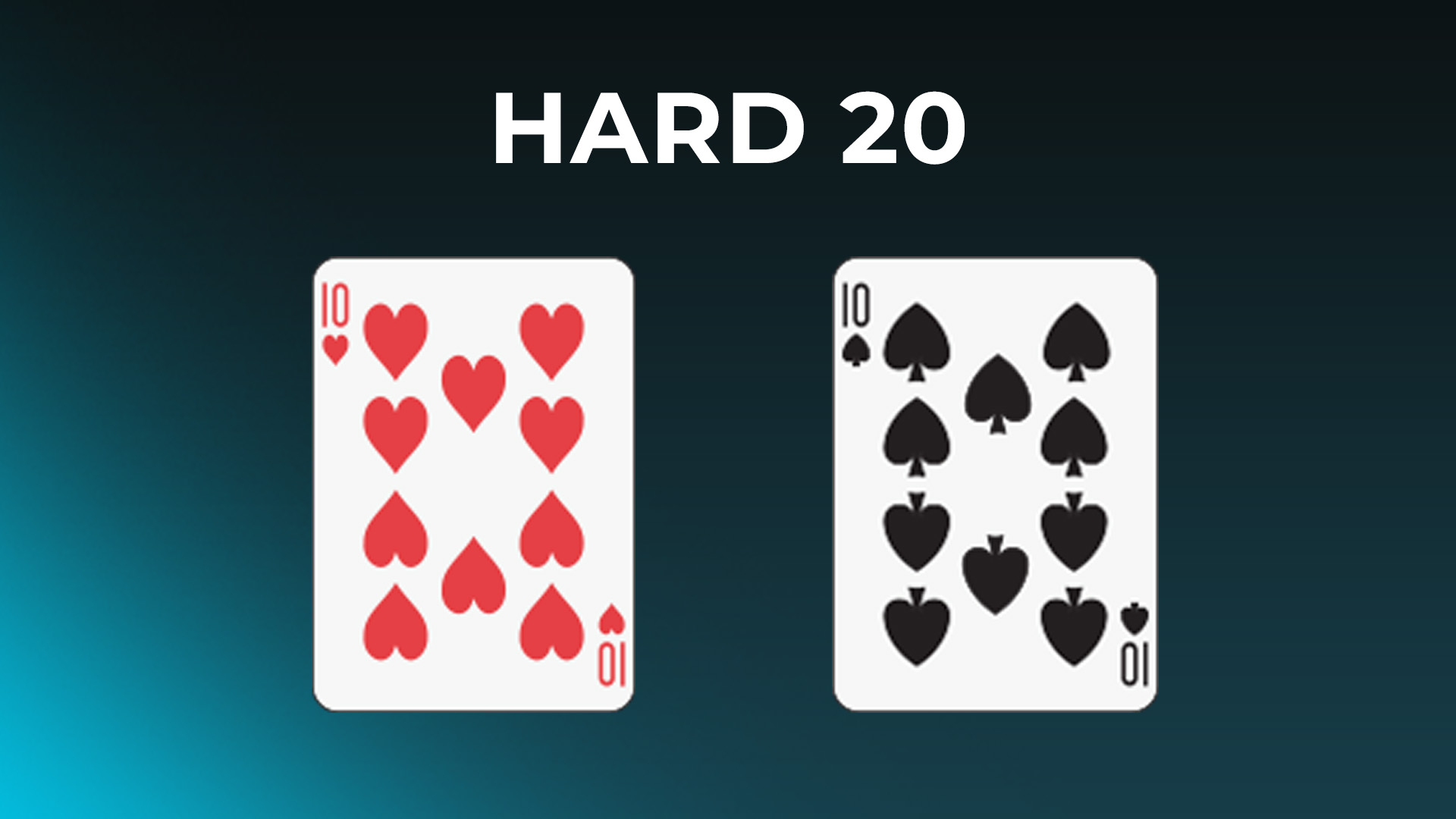
The Best and Worst Hands in Blackjack
Blackjack is a hugely popular game because there are so many possibilities, and, let’s face it, the house edge is one of the lowest among casino games.
Unlike games such as roulette and slots, you can change the hand you’re dealt with, but to do so successfully, you need to know the value of the hand you have, which are the best and worst starting hands to receive, and how you should play them.
Let’s take a look at some of the best and worst hands you might be dealt with - and the possible actions with each hand.
Blackjack Hand Rankings (Best to Worst)
This list does not consider every possibility; however, you can find the most notable hand variations to look out for when you are dealt your first two cards:
- Natural Blackjack (Ace and a 10-card)
- Hard 20 (Two 10-value cards)
- Soft Hands (Hands such as a Soft 17, which include an Ace)
- 11 Hand
- A pair of Aces
- Hard 16 Hand
The Best Hands in Blackjack
Below you can find some of the best hand variations in blackjack and how you can play them against the dealer.
Natural Blackjack: It goes without saying that a natural blackjack is the best hand you can receive with your initial two cards. This hand is made up of an Ace and a 10-value card, therefore providing you with 21.
Hard 20: If you get a hard 20, this is considered the best hand in blackjack (apart from a natural blackjack). This is one of the strongest hands possible and is made up of any two cards (excluding aces) that add up to 20.

Soft Hands: In the game of blackjack, a soft hand is simply a hand that includes an Ace. The reason this is called a soft hand is because the A can be valued as a 1 or an 11, which makes your hand more flexible - and reduces the risk of hitting without going bust. For this reason, soft hands are considered one of the best you can receive with your first two cards.
11 Hand Variations: Although a hand valuing 11 isn’t the greatest to be dealt for your initial two cards, it also isn’t a bad scenario as it does leave a lot of room for improvement, including drawing a 10-value card to complete a blackjack. However, there is every chance that you could be dealt a 5, leaving you with a poor hand value of 16.
A Pair of Aces: A Pair of Aces is by no means the best-ranked hand within blackjack, but it does leave you with options. You could hit to improve the strength of your hand, currently valued at 12, knowing that drawing a 10 would not cause you to go bust. Alternatively, you could split, leaving you with two soft hands to build.
The Worst Blackjack Hands
So, what is the worst hand in blackjack? Well, some hands are best avoided where possible. Here are those that you won’t want to see when you look at your hand.
Weak Hard Hands: A hard hand is one that doesn't contain an ace. Being dealt a poor, hard hand to begin a round can leave you with a weak and less flexible hand. Not all hard hands are weak, though, as we highlighted with the hard 20.
16 Hand Variations: A hand that totals 16 is considered to be the worst starting hand in blackjack - or one of them, as it’s not necessarily high enough to win, but there’s a high risk of busting if you draw an extra card. Taking time to consider basic blackjack strategy can help you with managing this hand.